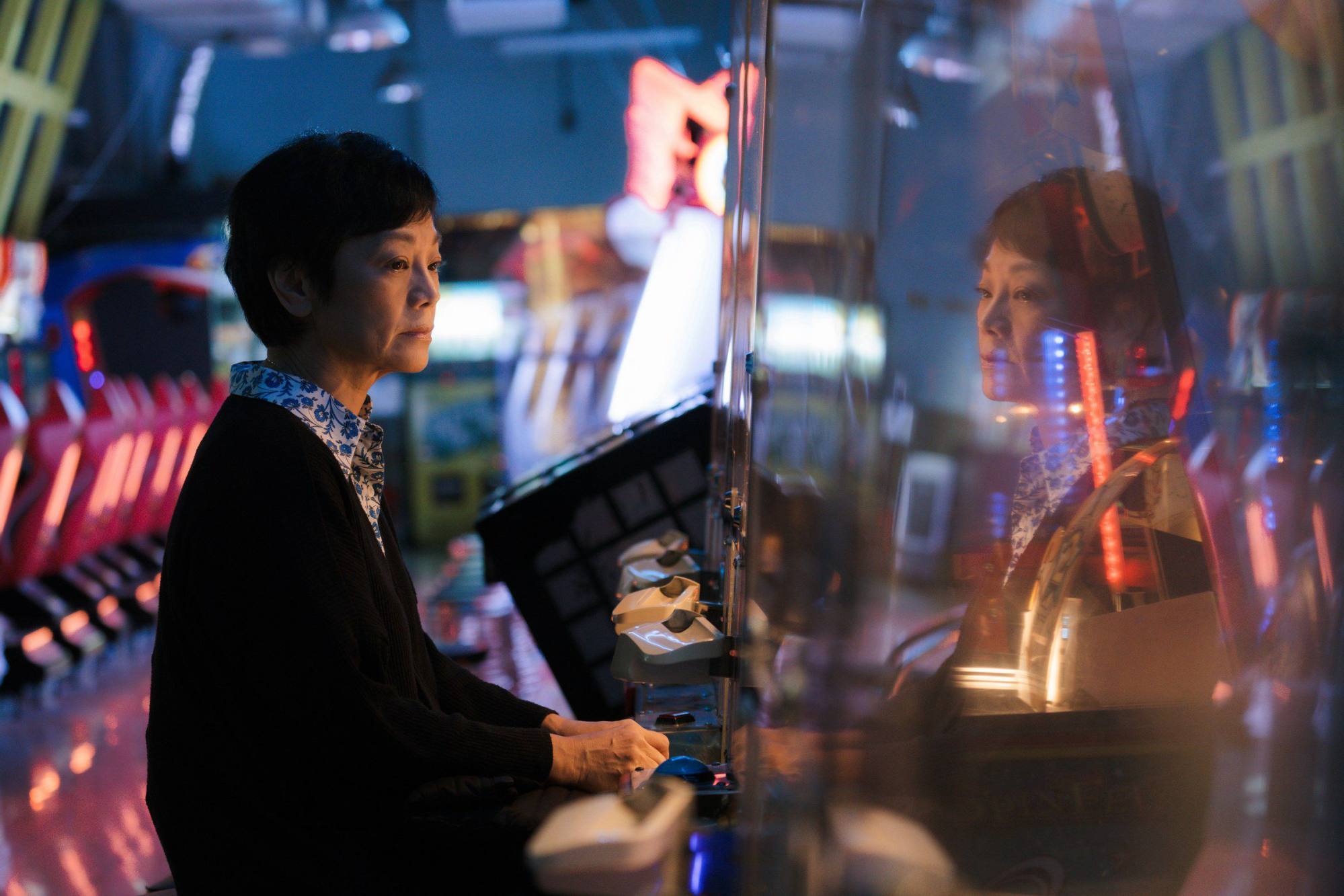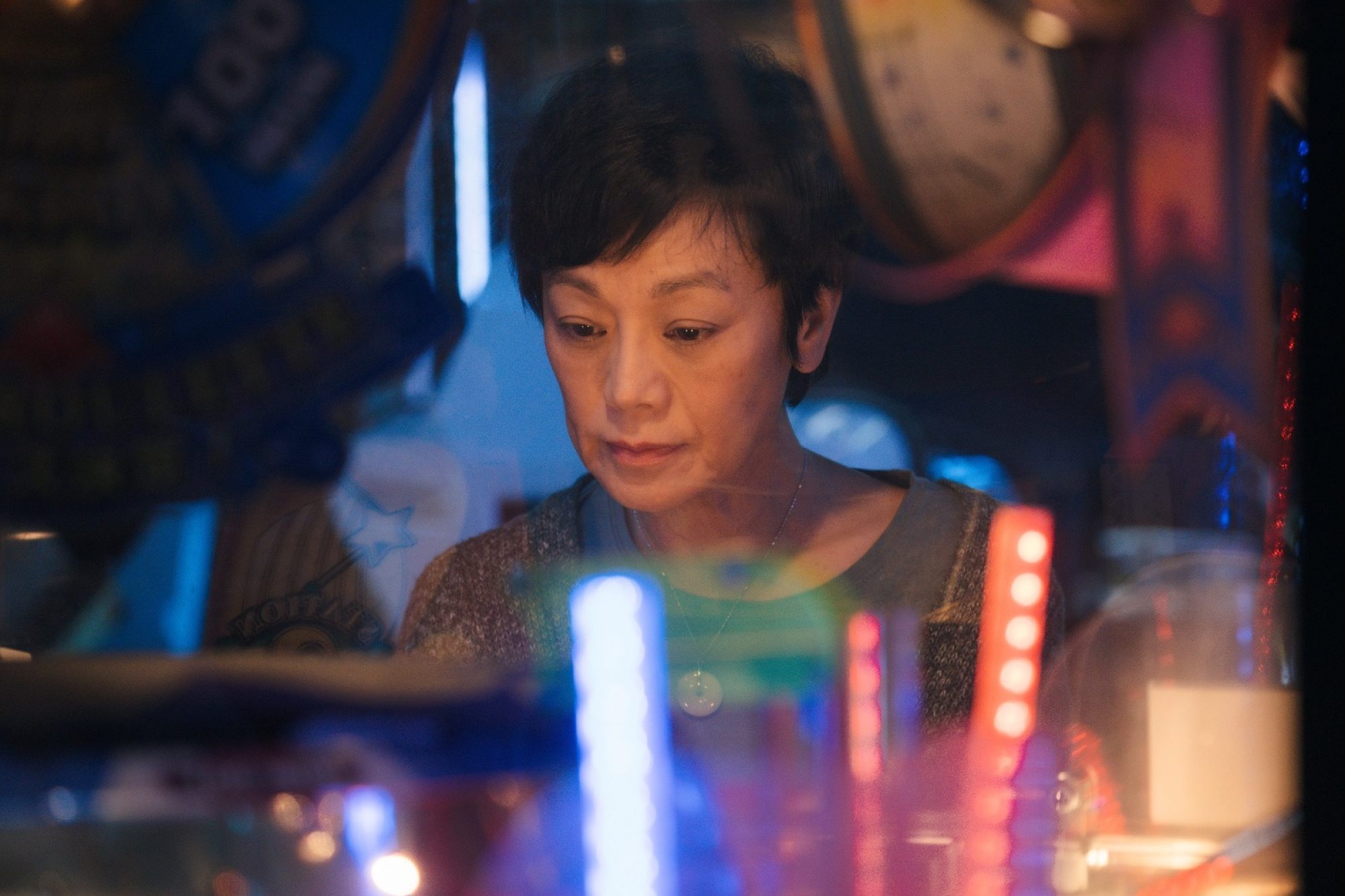Attentive film-goers will know Saville Chan Sum-yiu from the numerous best original film song honours he has won, and the nominations he has garnered, at the Hong Kong Film Awards and the Golden Horse Awards in Taipei. But in the next couple of years or so, his name is likely to be much further up the screen as the credits roll.
In a video call, the Hong Kong native refers to himself as a “veteran lyricist”, having co-written songs for The Way We Dance (2013), She Remembers, He Forgets (2015) and Weeds on Fire (2016), among other productions.
But his influence, in film and on streaming platforms, easily exceeds the boundaries of the recording studio. He is also a producer and screenwriter and can see himself in the director’s chair – again.
“I’ve directed short documentaries, TV commercials and a music video,” he says, “but I’ve not yet made my feature-film debut. I hope to do that in the next few years.

“In the Hong Kong film industry I don’t classify myself [other than] as a filmmaker,” he says. “I can be a producer, screenwriter – recently I’ve been writing film scripts by myself and in collaboration with others. I’ve spent a long time studying the screenwriting of other writers and writer-directors.”
While a streaming-service spot now inevitably seems to follow the theatrical release of all manner of films, Chan is happy to wait for that extended exposure.
“I love movies and I love streaming – the Korean drama series Moving, on Disney+, is a great one,” he says. “But as a filmmaker, I love the genre, film’s limitations and the way of storytelling more than in a series.”
Cue another string to Chan’s artistic bow – and another area in which he has proved highly influential. He is also associate professor of practice at Hong Kong Baptist University’s Academy of Film, teaching a degree course in “screenwriting and storytelling; maybe in future producing, too”, he says.
His most recent film-producing credit is for drama A Light Never Goes Out, first shown at the 2022 Tokyo International Film Festival. And any fans of the Smiths who have suddenly woken up are quite right to do so.
“Yes! The English title of the film was suggested to me by the song ‘There is a Light That Never Goes Out’,” says Chan, before naming Morrissey as an inspiration besides other luminaries such as Bob Dylan, Leonard Cohen, Sandy Denny, The Beatles and Nick Drake.
Nor is he a stranger to chart success himself. “One or two songs have been popular in Hong Kong,” he says, “like ‘We Almost Fly’, the closing theme of She Remembers, He Forgets, sung by 14-year-old talent Feanna Wong.”
Although A Light Never Goes Out was released in cinemas only a year ago, Chan, as producer, already has another film ready to hit this summer’s screens.
“It’s called Bird of Paradise, from new director Joey Wu Chui-yi,” says Chan. “It’s a drama about a middle-aged mother who learns to be a pole dancer.”
Like A Light Never Goes Out (disqualified from this year’s Oscars on a voting technicality), the film was financed by way of the First Feature Film Initiative under the auspices of Hong Kong’s Film Development Council (FDC).

And it was in conjunction with the FDC that Chan attended February’s Berlin International Film Festival, where another financing enterprise was introduced to European filmmakers.
The goal is to maximise Hong Kong cinema’s exposure to international markets and it’s a programme Chan welcomes – with one main reservation.
“It’s a little bit tough for foreigners, because they have their own teams, but six out of 10 major roles in a production have to go to Hong Kong film people,” he says. “But it’s a good amount of money – although it’s a quota and not everyone who applies will get it – and is attractive to many filmmakers, who can also add other investment.
“There are no language restrictions and the stories don’t have to be set in Hong Kong. The FDC wants to promote Hong Kong, to have our filmmakers collaborate worldwide, so I hope they will have more quotas in future. It’s promising for all of us.”

The idea that cinema globally is – relatively – floundering is hardly new, but it is a notion that lingers, for one reason after another.
“I talked to many European producers in Berlin and I think it’s a global trend, a global problem,” says Chan. “After the pandemic and with the success of the likes of Disney+ and Netflix, many audiences are reluctant to go to the cinema.”
Which doesn’t mean he is prepared to throw in his lot with any streaming platforms.
“I have some projects coming in the next few years which I’m now busy with,” he teases. “On a bigger scale. I’m collaborating with more famous directors; big projects coming up!”

